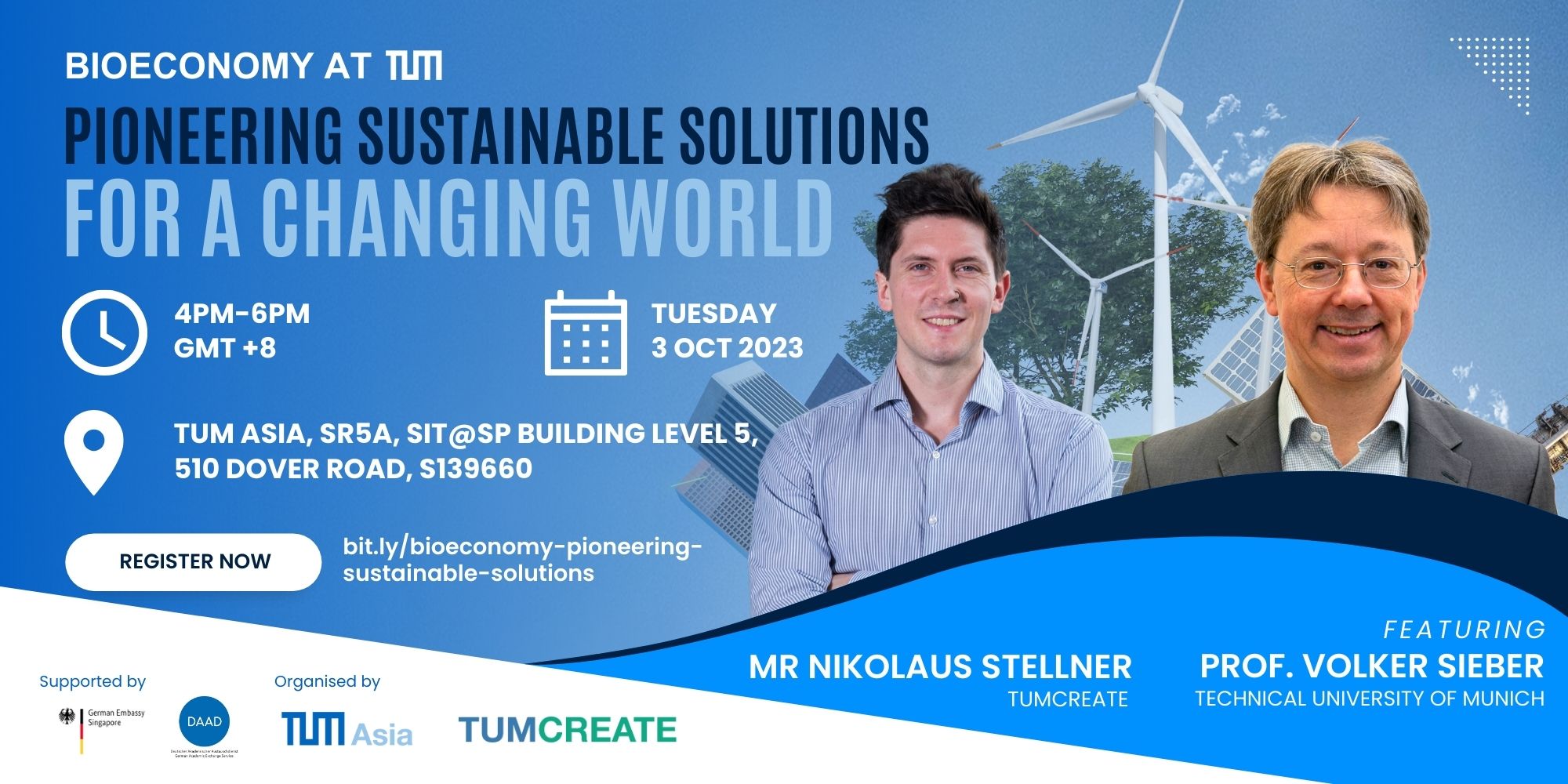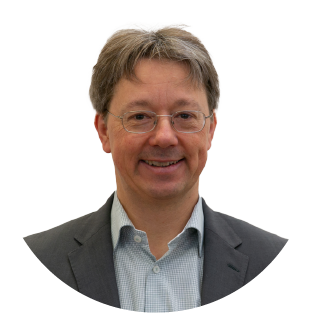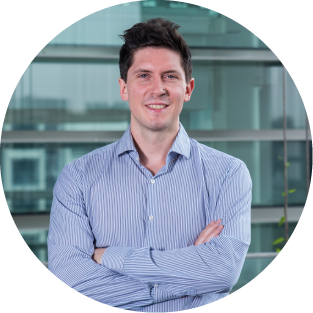
Learn more about how TUM’s Straubing Campus and TUMCREATE, a multidisciplinary research platform of TUM based in Singapore, achieve a harmonious coexistence between economic growth and environmental growth by harnessing the potential of bioeconomy. Presented by Prof. Volker Sieber and Mr Nickolaus Stellner, this hybrid seminar will present you a number of groundbreaking research and practices to pursue global sustainability.
Date: 3 October 2023, Tuesday
Time: 4pm – 6pm (GMT+8)
Format: Hybrid
Venue: TUM Asia, SR5A, SIT@SP Building Level 5, 510 Dover Road, S139660
PROGRAMME SCHEDULE
| 3.30pm – 4pm | Registration is open |
| 4pm – 4.05pm | Opening address by Dr Markus Wächter, Managing Director Technical University of Munich (TUM) Asia. |
| 4.05pm – 4.10pm |
Opening address by Ms Annette Himmelsbach, Information Officer and Office Manager, DAAD Information Point Singapore. |
| 4.10pm – 4.40pm |
Bioeconomy at TUM: Pioneering Sustainable Solutions for a Changing World by Prof Volker Sieber |
| 4.40pm – 5pm |
Pioneering Food Solutions by Mr Nikolaus Stellner |
| 5pm – 5.30pm | Q & A |
| 5.30pm onwards | Networking with light refreshments |
TOPICS

PROF. DR.
|
At TUM, the bioeconomy is not merely a theoretical concept but a cornerstone of actionable strategies for a greener future. At its Green Fuel Center researchers converge to explore alternative, sustainable fuels that offer reduced carbon emissions and decreased reliance on fossil fuels. With SynBiofoundry@TUM, a creative hub was build that is dedicated to synthetic biology, accelerating the design and production of novel bio-based products and processes.
Among the diverse research fronts, several key domains of inquiry stand out. Biobased materials, a pressing area, investigates the substitution of traditional plastics and materials with sustainable bio-based and/or biodegradable alternatives derived from renewable biomass sources. Agricultural waste utilization exemplifies TUM’s commitment to circular economy principles, wherein agricultural residues are transformed into valuable commodities, curbing waste and fostering resource efficiency. In an era where food security and sustainable protein sources are paramount, TUM explores the radical idea of generating food and proteins from electricity and carbon dioxide. This approach holds the potential to revolutionise food production, minimise land usage, and alleviate environmental stress.
|

MR. NIKOLAUS STELLNERTUMCREATE Food Security |
Big cities such as Singapore must import the vast majority of their food supplies. Because of limited available space, they cannot rely on conventional agriculture to achieve more food independence. To this end, the project Proteins4Singapore aims at tapping raw materials such as microalgae biomass from indoor production under controlled environment conditions to use them for the manufacture of protein-based alternative foods.
Proteins4Singapore is a highly interdisciplinary research platform with the goal to contribute to the secure food supply in highly urbanised areas. TUMCREATE will further explore concepts and strategies in other biotechnological areas to contribute to an emerging bioeconomy. |
